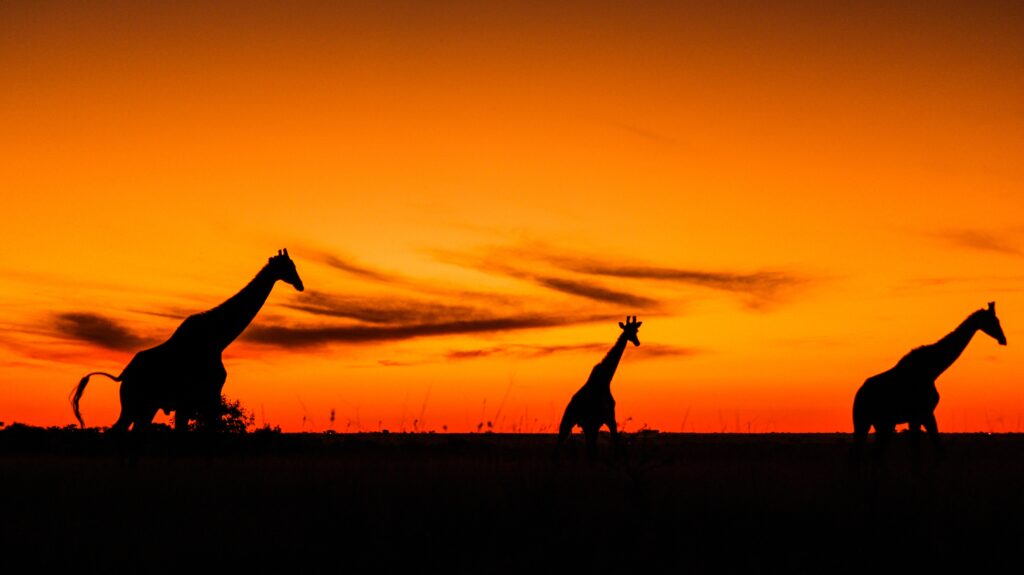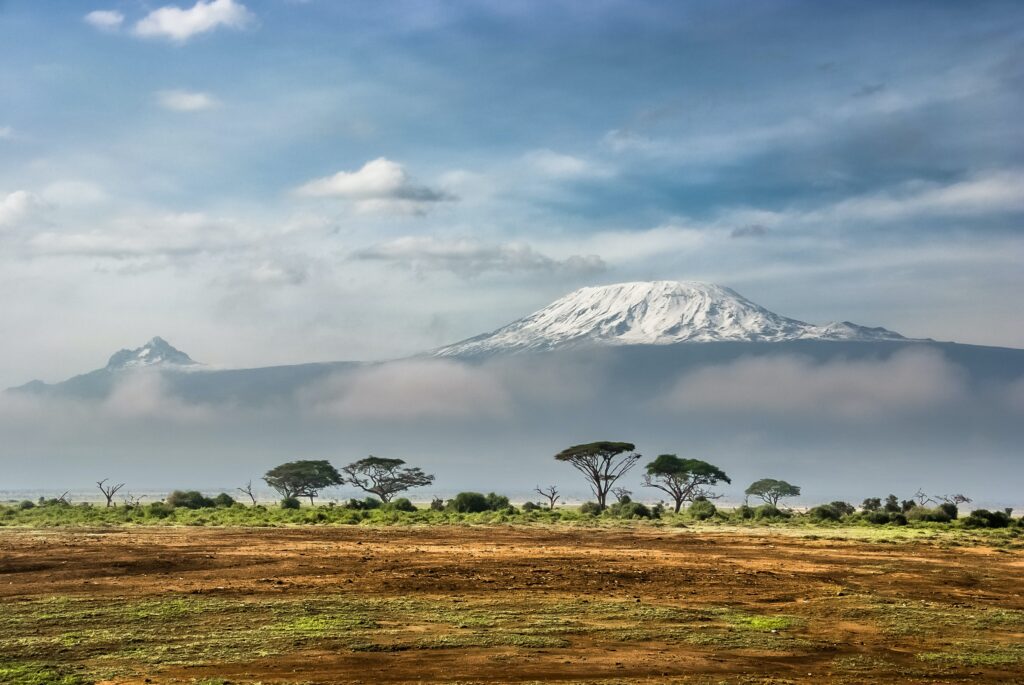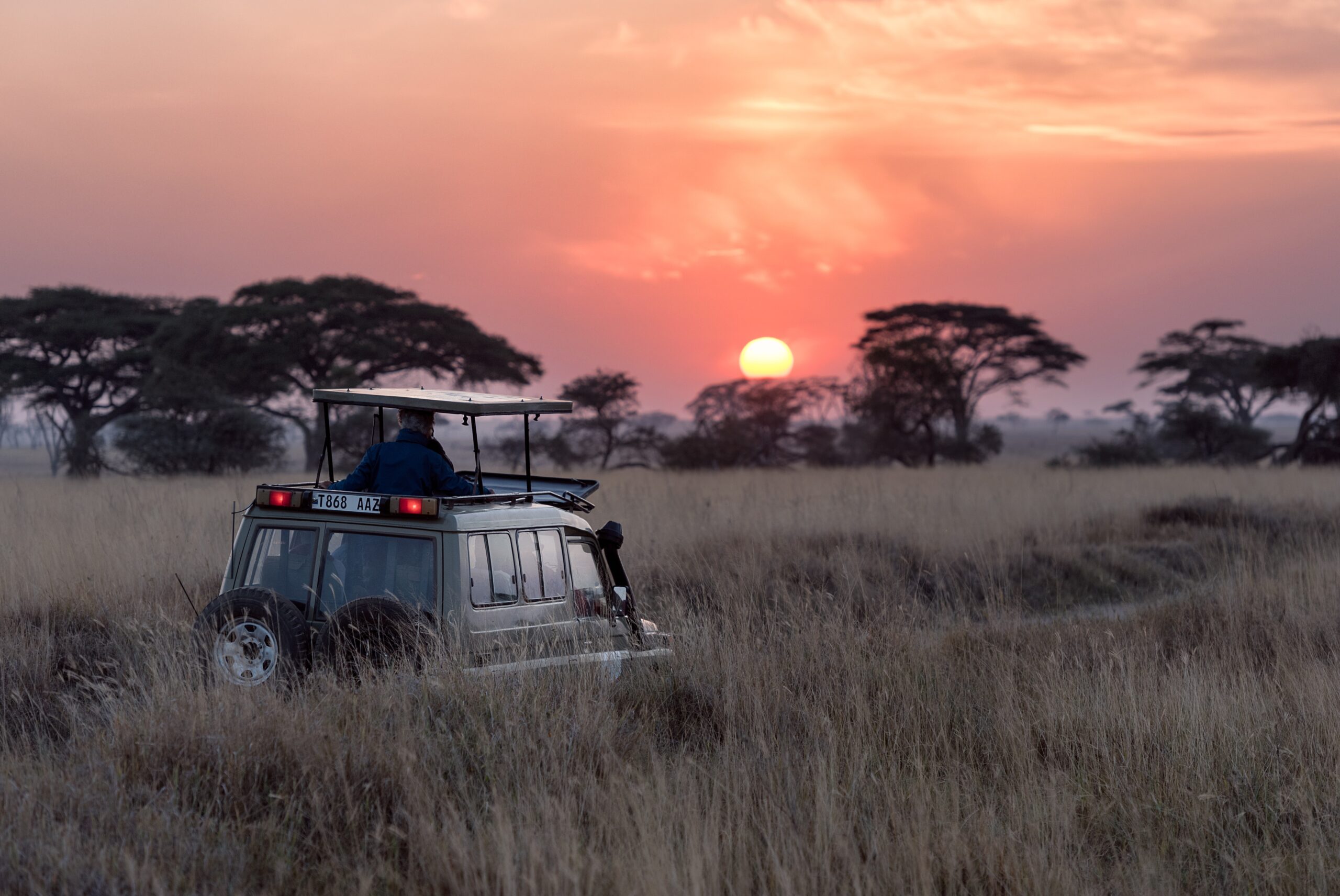The 5 Highest-Rated No-Kill Safaris in Africa
Safari is a breathtaking word that describes the magnificent landscapes of Africa combined with its unique flora and fauna. This article evaluates the top five premium no-kill safari destinations of Africa that uphold the values of nature conservancy and responsible encounters with wildlife animals. Such places provide unequaled chances to experience nature’s wonders in a way that is environmentally friendly and ethically conscious.
The 5 highest-rated no-kill safaris in Africa
A lot of outdoor expeditions await you in Africa and here is my list of the 5 highest-rated safari adventures in Africa.
1. Maasai Mara National Reserve, Kenya
As for those who are passionate about wildlife and want to enjoy watching it, without feeling pain for animals, Maasai Mara National Reserve in Kenya usually tops their list. It is home to exceptionally large numbers of:
- Lion species
- African leopard
- African bush elephant
It is also among the finest locations to view the great migration which involves the movement of millions of wildebeests and zebra across Tanzanian plains. Safaris at this site have been eco-friendly in nature, promoting conservation and participation of local people.

Guided game drives, hot air balloon safari as well as taking walks are offered for visitors in a manner that minimizes human interference with wildlife and the surrounding nature. The presence of local Maasai in the entire safari contributes to adding a touch of ethnic culture into the tour.
2. Okavango Delta, Botswana
Okavango Delta in Botswana is a world heritage site, which is one of the world’s richest ecosystems. The vast inland river delta (Sahara depression) is noted for diverse habitats (from dry savannas to wetlands that host various animal species such as:
- Elephants
- Hippos
- Crocodiles
Delta’s approach to tourism focuses on low-impact, high value for money experiences which will ensure sustainable Safari. Several of the lodges and camps operate in conservational programs which will allow tourists to join in those initiatives. There is a guided tour by using mokoro (a traditional canoe). This immerses the visitors with an up-close view of the beautiful scenery and wild animals.
3. Kruger National Park, South Africa
One of the biggest and most ethical natural wildlife areas on the continent is the Kruger National Park in South Africa. Numerous biodiverse habitats and a wide variety of animals like the big five characterize it:
- Lion
- Leopard
- Rhinoceros
- Elephant
- Buffalo
Kruger has a commitment towards conservation as well as sustainable tourism. They offer different no-kill safaris like self-drives, walks, and bush camps. Secondly, the park has great anti-poaching measures as well as species conservation programs that educate visitors on their visit.
4. Serengeti National Park, Tanzania
For pristine African wildlife and wilderness, one needs go no further than the famed Serengeti National Park of Tanzania. This world-renowned park has been known for an annual wildebeest migration which is one of Africa’s finest wildlife viewing. The approach to tourism in Serengeti is very much centered on conservation and sustaining the biodiversity in these systems for a longer period.

Visitors can have various ethical safari experiences such as game drives, walking safaris or even hot-air balloons that give visitors amazing views over the vast savannah. It is a prime location for a safari that does not kill as well as the park makes conservation and community involvement efforts.
5. South Luangwa National Park, Zambia
South Luangwa National Park in Zambia, Africa is commonly referred to as one of the world’s finest parks. It’s a well-known park with wildlife and Luangwa River that attracts many games. The walking safari originated in South Luangwa offering an exceptional way to explore African savannahs.
This is evident in parks’ strict No-kills policies and sustainable tourism practices. There are the guided walks, night drives and mobile-safaris that allow visitors to view different species of wildlife such as:
- Leopards
- Elephants
- Lions
- Hippos and many others.
Involvement of local communities in addition to the emphasis on conservation education makes the safari more exciting to tourists.
Conclusion
These are five no-kill safaris, which highlights the natural beauty and biological diversity that characterizes some parts of Africa and stresses more the importance of conservation. They promise distinct memorable experiences enabling visitors to interact with nature responsibly. They should represent instances where tourism is positive by supporting wildlife conservation and community development.
